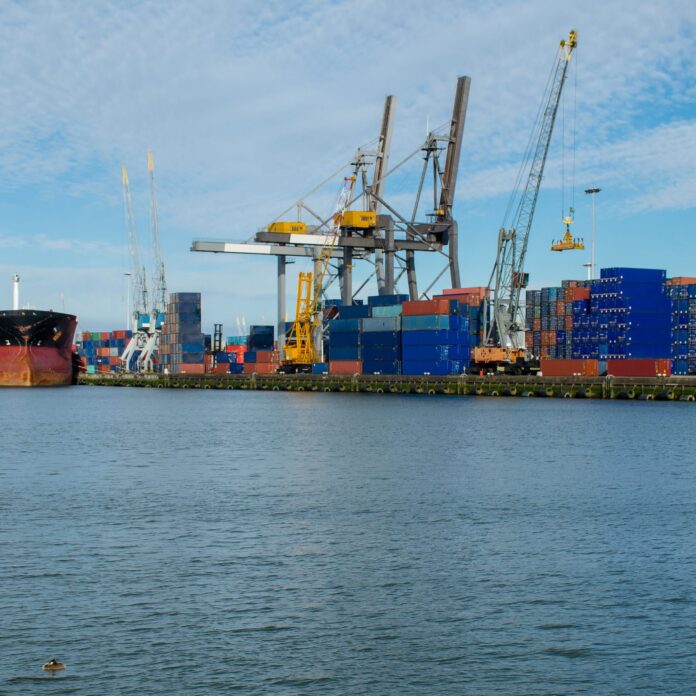5G ship-to-ship communication starting with the Gulf of Riga, then elsewhere in the Baltic
Latvian telco LMT announced this week a partnership with port services provider Rigas Brivostas Flote (RBF) to create and deploy maritime 5G starting with ship-to-ship communication, in the Baltic Sea. The first demonstration of the technology is scheduled for next year in the Gulf of Riga.
RBF is a capital company of the Freeport of Riga Authority. The business operates a technical fleet of ships, and a fleet servicing Latvian ports with everything from icebreakers to hydrographic vessels, pilot vessels and most recently, floating drones.
“5G network connectivity holds a massive innovation and digitalization potential for the maritime sector and ports. However, implementing 5G-enabled solutions at sea faces many challenges, notably – ensuring offshore 5G network infrastructure,” explained LMT in a statement.
Arturs Lindenbergs, Mobility Innovation Lead at LMT, sees maritime 5G as an outgrowth of the company’s smart mobility leadership in areas like public safety and defense.
“We have vast expertise in using 5G for mobility, and we’re eager to begin developing smart maritime innovations as well,” he said.
Kaspars Ozolins, chief executive officer at RBF, said that the goal is to use maritime 5G to improve Latvian port efficiency and competitiveness.
“With this collaboration on R&D between LMT and RBF, we aim to enable the use of 5G capabilities in the port and the Gulf of Riga and, with time, elsewhere in the Baltic Sea,” he said.
LMT picked Nokia earlier this month to enable 5G Standalone (SA) Core services. LMT is owned by Swedish multinational telco Telia Company AB. Telia operates local telecom services in Sweden, Finland, Norway, Denmark, Lithuania, Latvia and Estonia.
5G SA efforts mark another milestone for LMT’s network modernization efforts. In April 2021 LMT flipped the switch for Voice over LTE (VoLTE) over its 4G network. The company had been testing VoLTE with its 5G customers but made it available for all customers, citing its power efficiency, improved service quality and better scalability for future services. The company said at the time it was the first carrier in Latvia to support VoLTE.
A month later, LMT announced a rollout of 5G fixed wireless access (FWA) service in Latvia, for which it also claimed first. The service uses routers manufactured by Latvian network equipment maker MikroTik. The MikroTik routers feature 4×4 multiple input/multiple output (MIMO) antenna arrays. This provides users with up to 2 gigabit per second (Gbps) download speed and 200 megabit per second (Mbps) upload speeds, according to the company. LMT debuted the 5G FWA service in the Latvian city of Ādaži. The telco planned to light up other areas with FWA as LMT’s 5G network develops.

